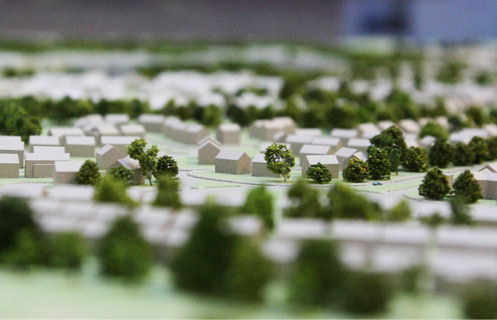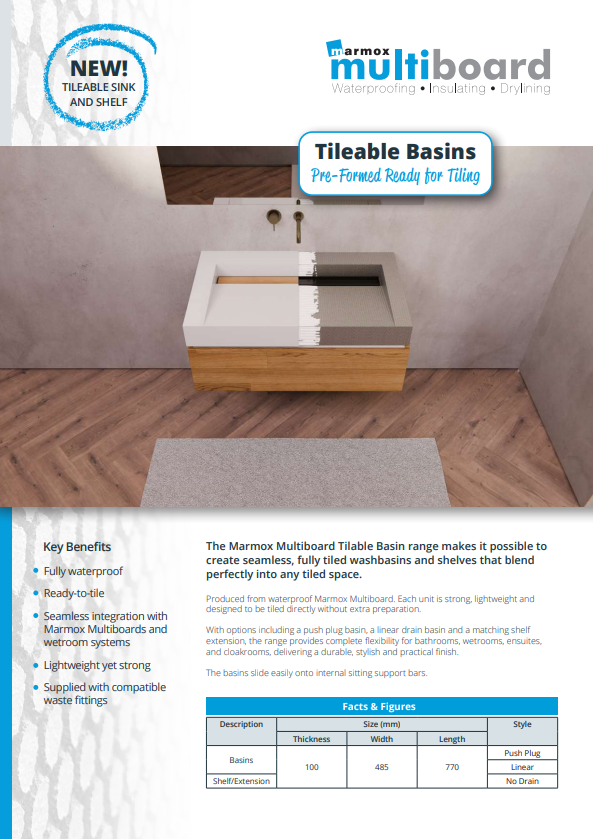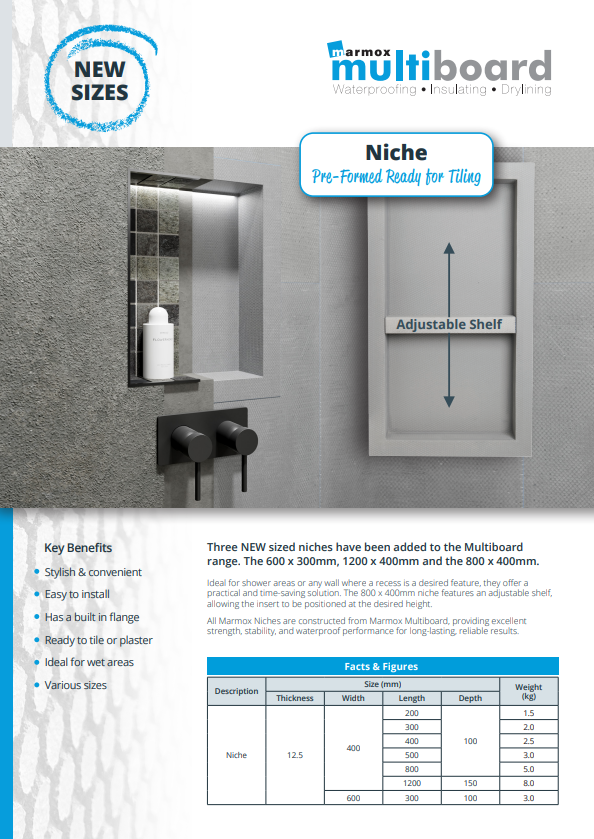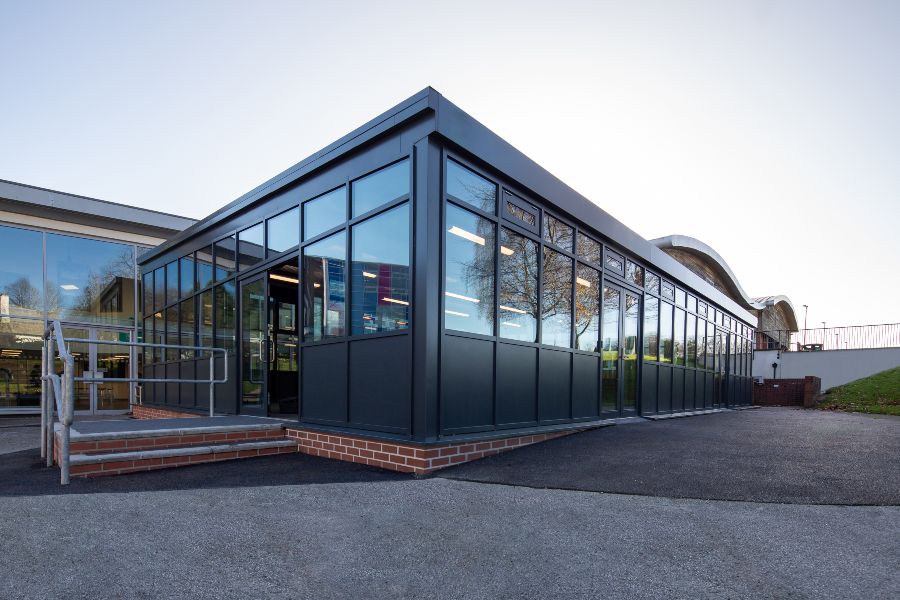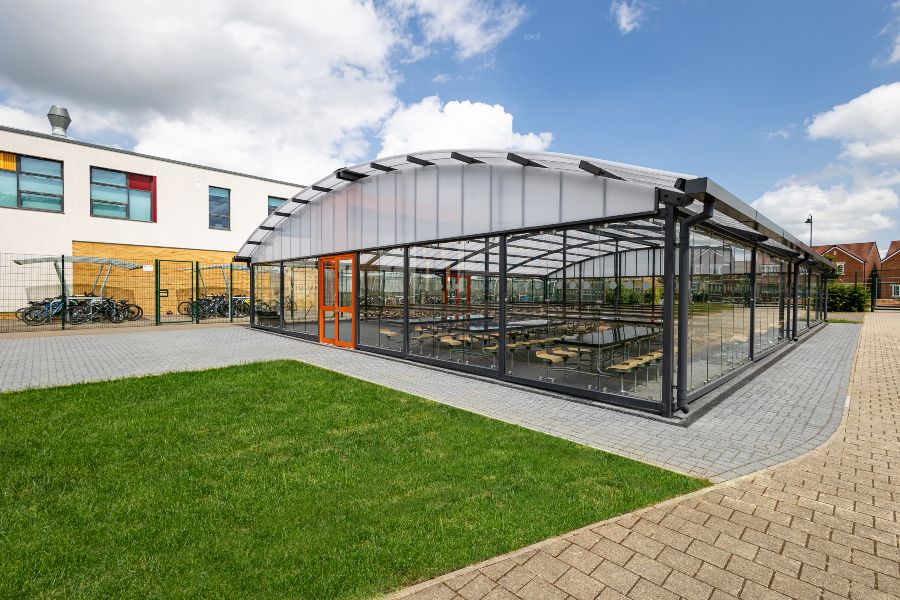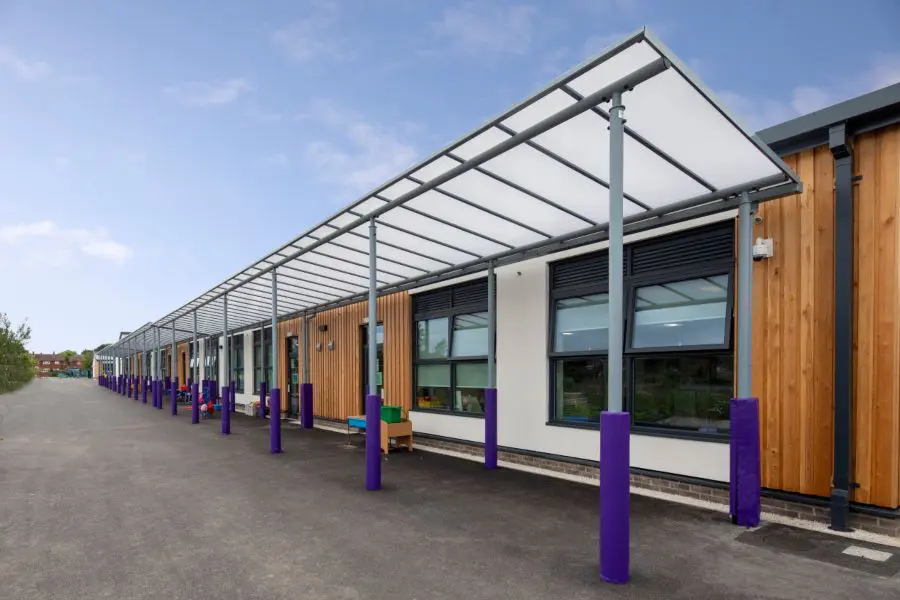Tough new rules
designed to strengthen fire testing for cladding systems on residential
buildings have been published for consultation by Housing Secretary Sajid
Javid.
The consultation,
which aim to improve building safety, will look at restricting or banning the
use of ‘desktop studies’ as a way of assessing the fire performance of external
cladding systems.
The revisions come
directly as a result of the recommendations made by Dame Judith Hackitt in her
interim report from the review into building regulations and fire safety
published last year. Government is also going further by asking whether
‘desktop studies’ should be used at all.
The consultation is
seeking views on whether ‘desktop studies’ are appropriate for all construction
products, wall systems (cladding) or for any other purpose.
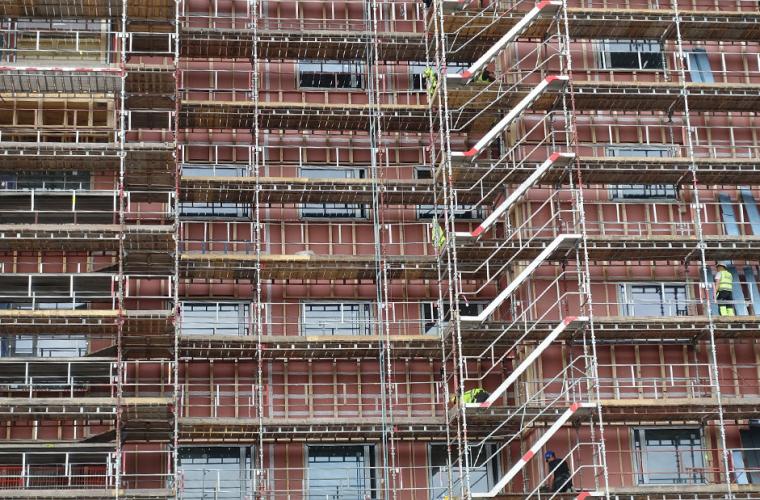
If ‘desktop studies’
are deemed appropriate, the proposed changes include improving the transparency
of assessments, enabling proper scrutiny of results and ensuring that the
studies can only be carried out by properly accredited bodies that have the relevant
expertise.
These proposals are
subject to a full consultation that will end on 25 May 2018.
Housing Secretary,
Sajid Javid said: "We have listened carefully to Dame Judith Hackitt and
we are taking action to strengthen building regulations guidance, which could
mean that the use of ‘desktop studies’ are either significantly restricted or banned
altogether.
"This
demonstrates the tough measures we are prepared to take to make sure that
cladding tests are as robust as possible and people are safe in their
homes."
Local Government
Association Chairman, Lord Porter, said: “The LGA explained to the Government
several months ago that Approved Document B needed revising in order to provide
clarity for building owners seeking to replace flammable cladding, so we are pleased
to see this consultation emerge.
“Currently, if no
fire test data exists for a particular cladding system, a desktop study can be
submitted. We have consistently said that desktop studies cannot substitute for
real-world tests of cladding systems – including in our evidence to the Hackitt
Review. We urge the Government to hold firm against industry pressure that
seeks to allow their continued use.
“What happened at
Grenfell Tower can never be allowed to happen again and no one should have to
live in fear about their safety, be that in the buildings they live in, work in
or visit.
“Councils have acted
quickly to put in safety measures in their high-rise blocks to reassure
residents. With a large number of high-rise buildings affected by fire safety
test fails owned by private landlords, councils continue to work hard to
support building owners in their area to deal with the issue and to try and
confirm with the owners of thousands of private high-rise residential buildings
to identify the cladding and insulation systems on those blocks.
“While councils will
continue to get on with what they need to do and are ready to play a leading
role in making sure a new system of building regulation works, significant
funding concerns remain. The Government needs to meet the unexpected
exceptional costs for councils arising from conducting fire safety and major
remedial work and for any essential fire and safety measures needed.”








